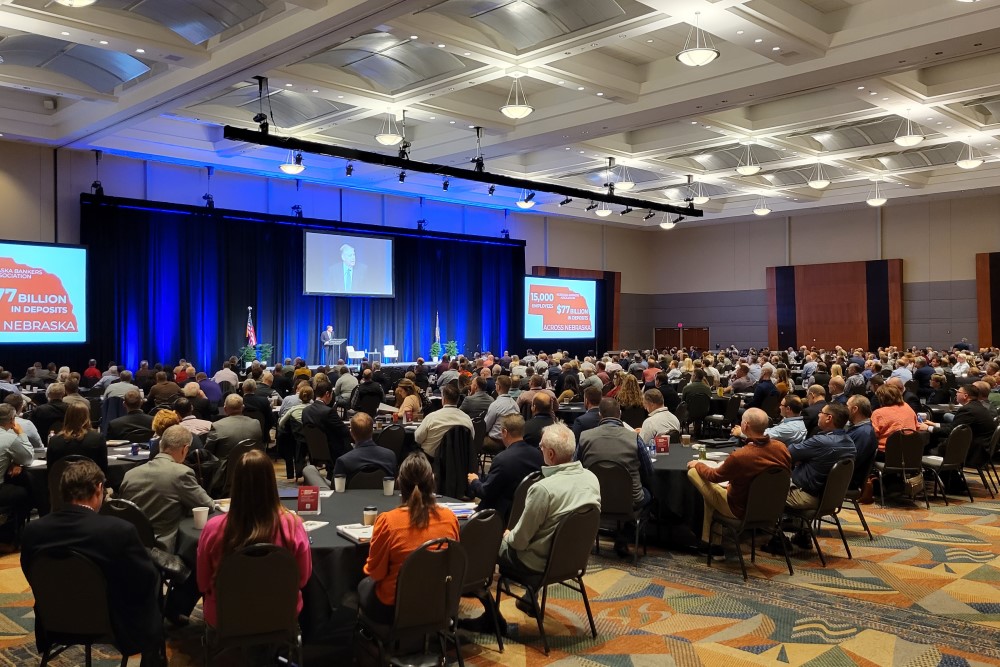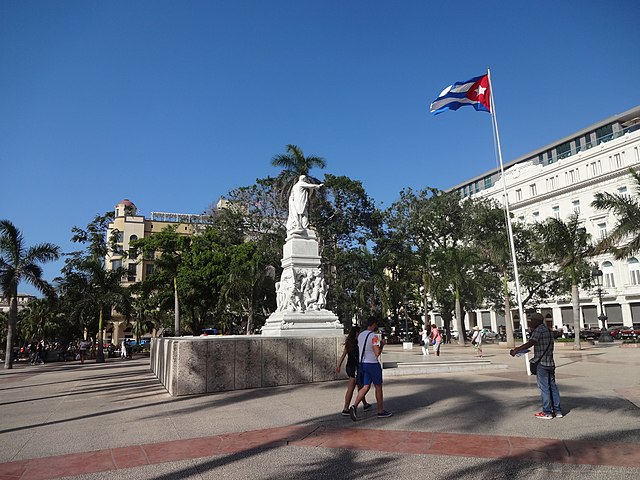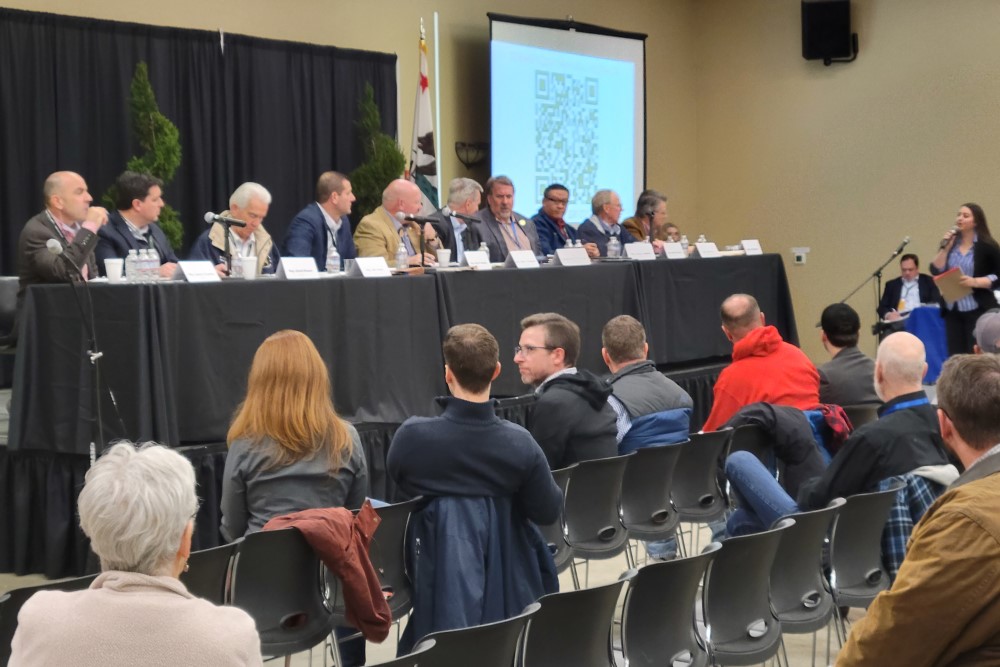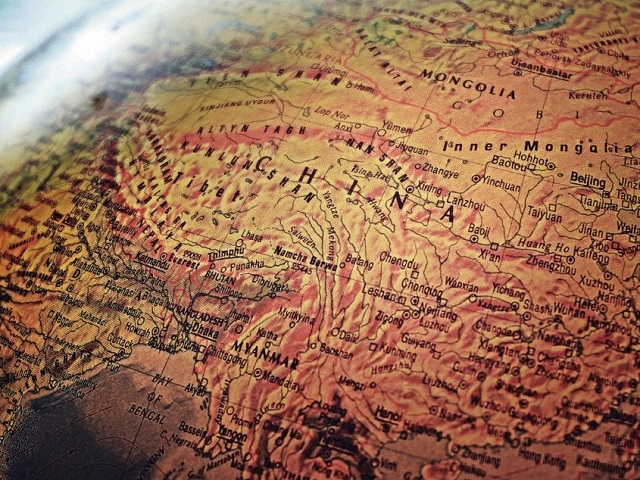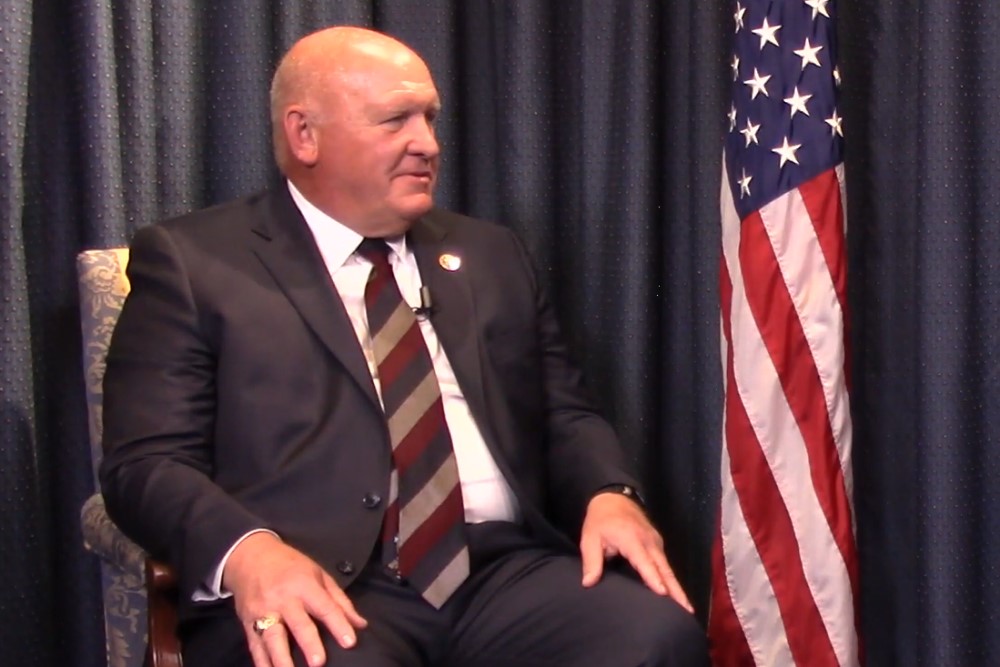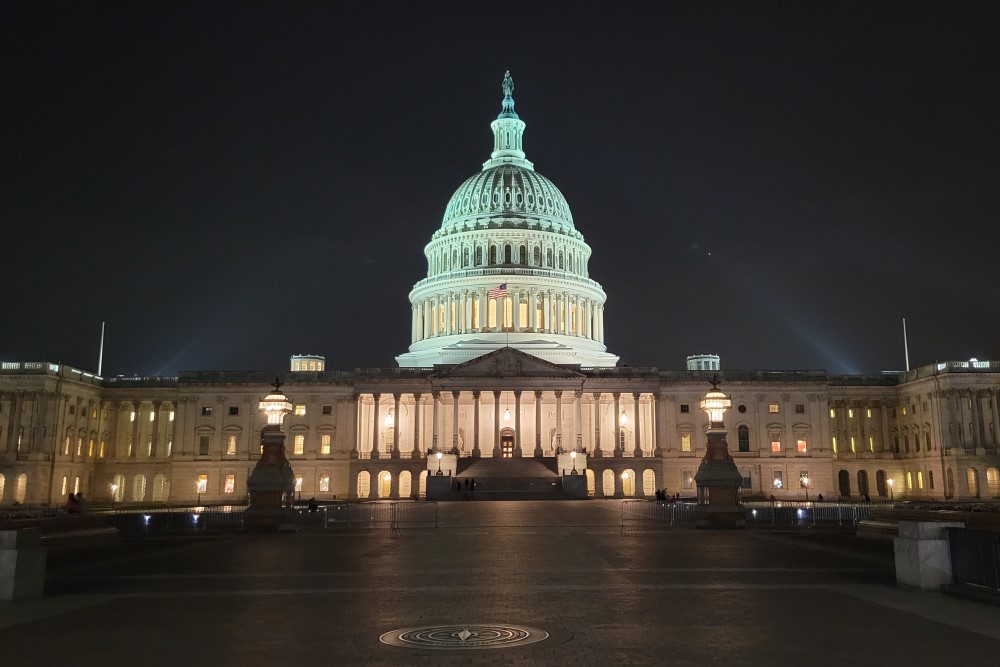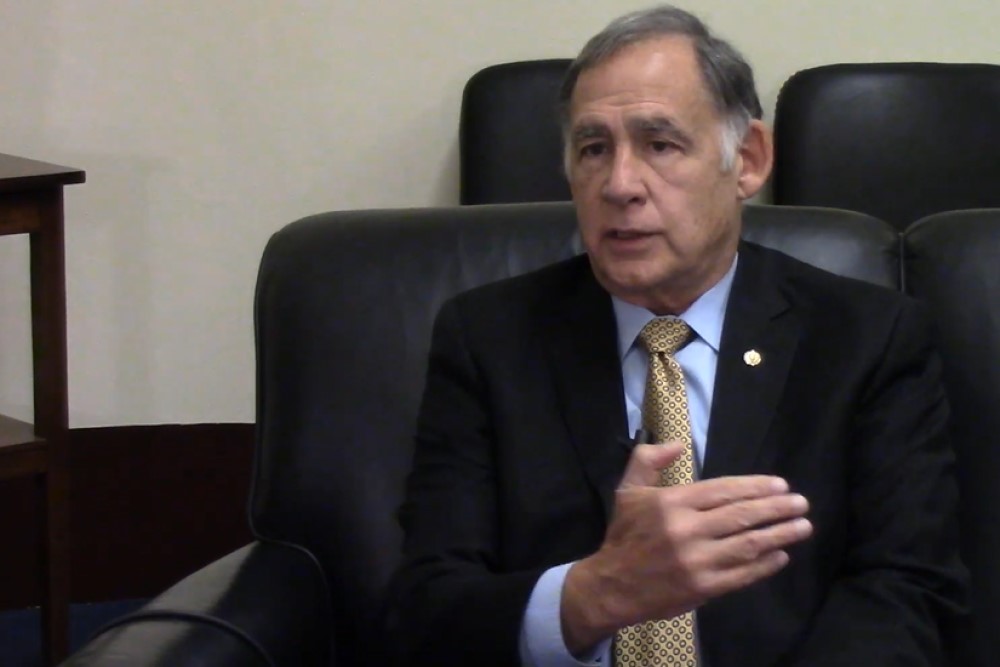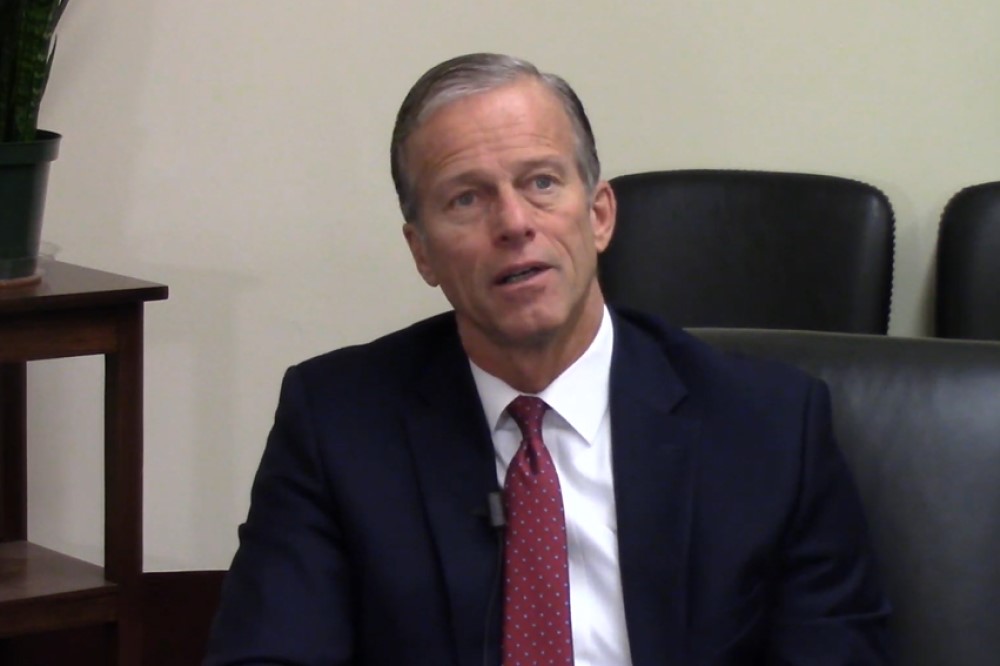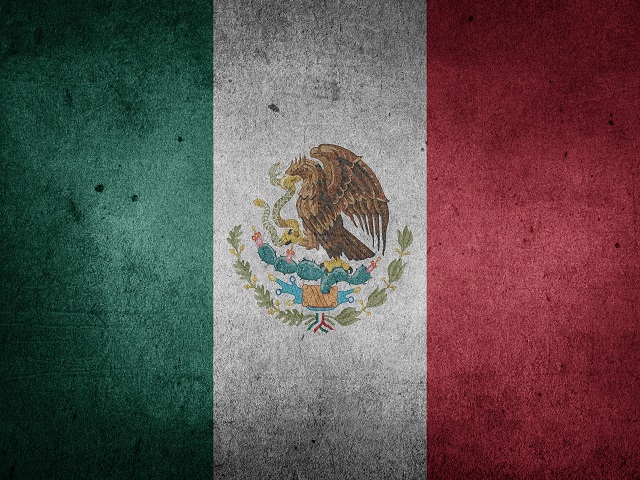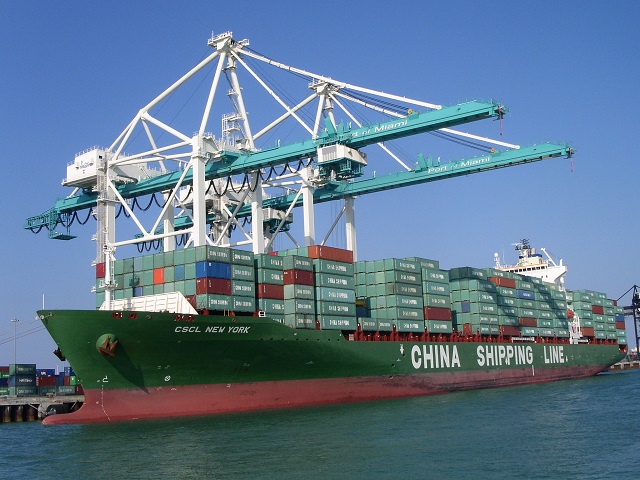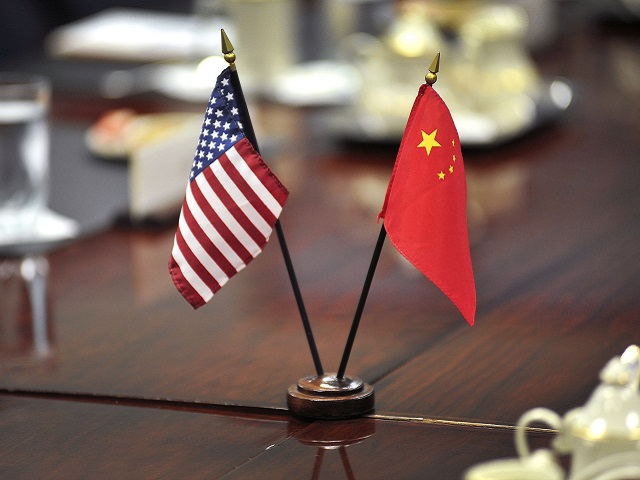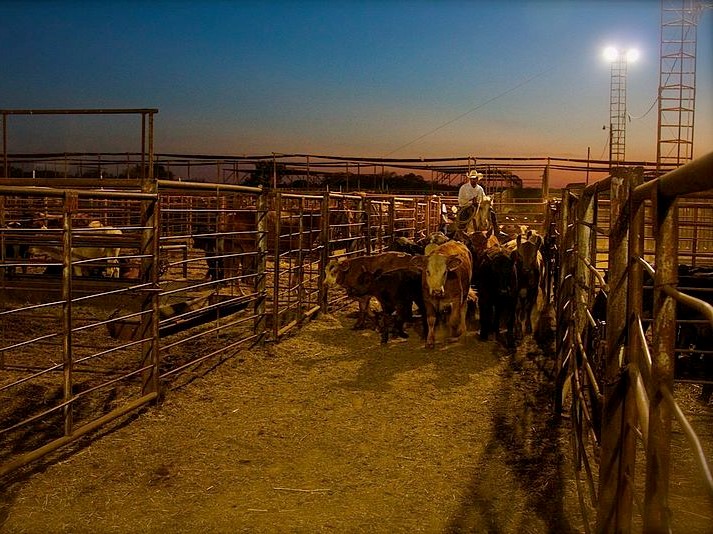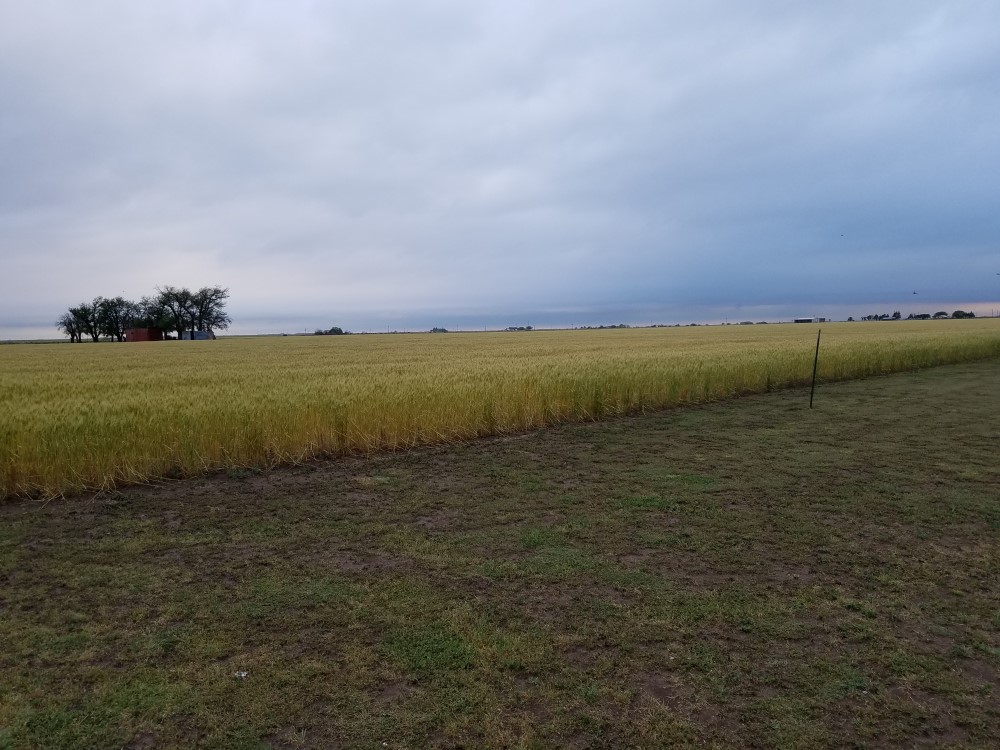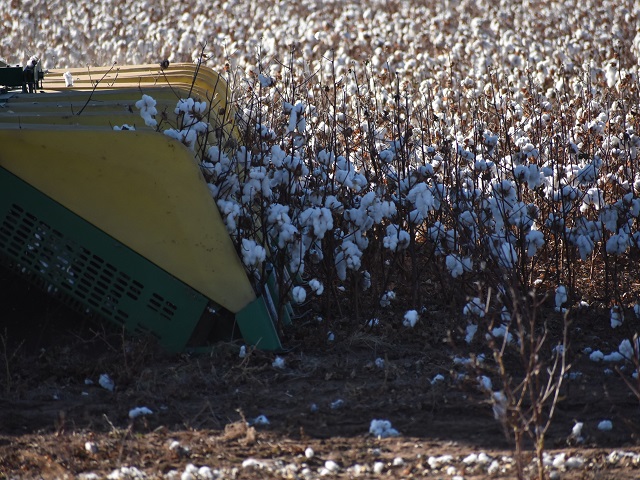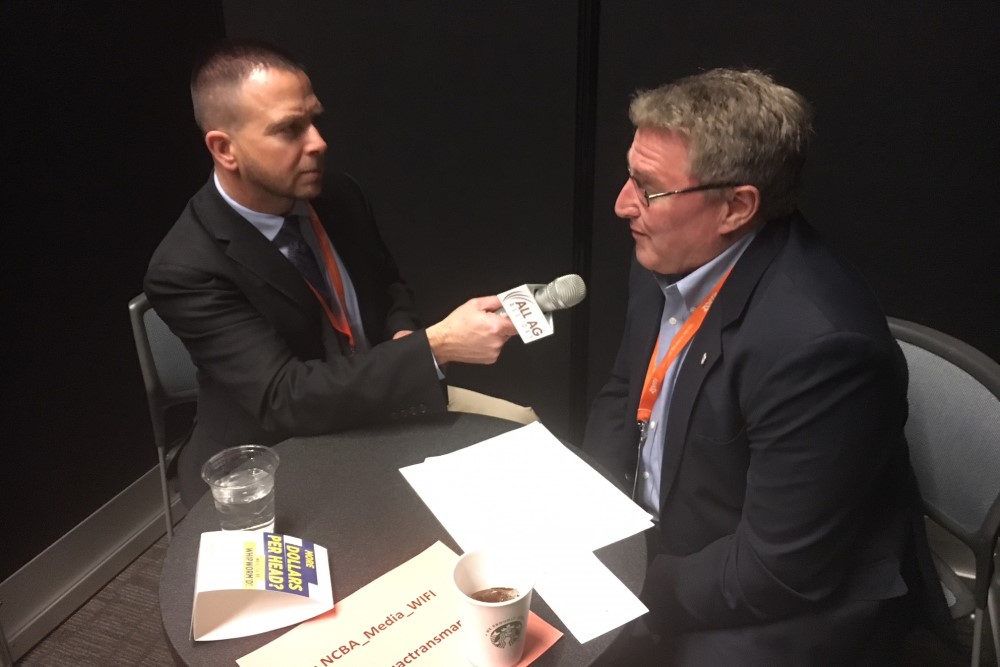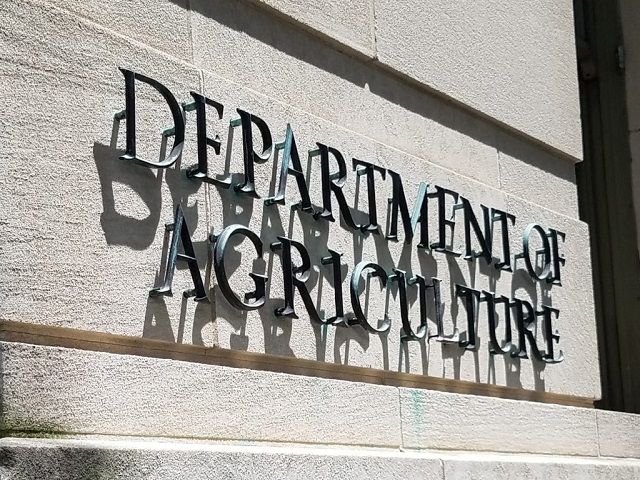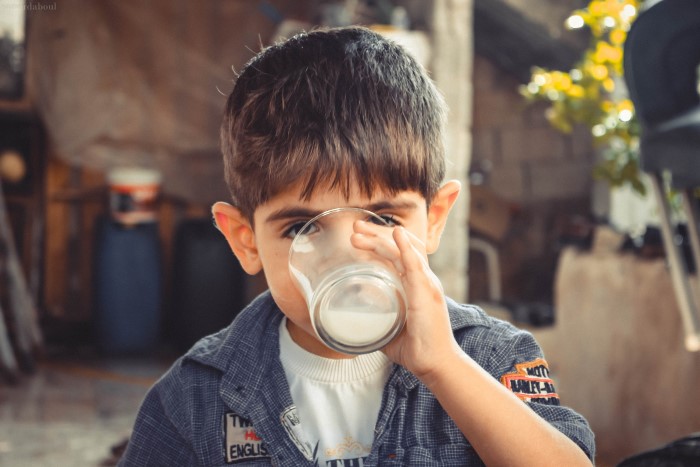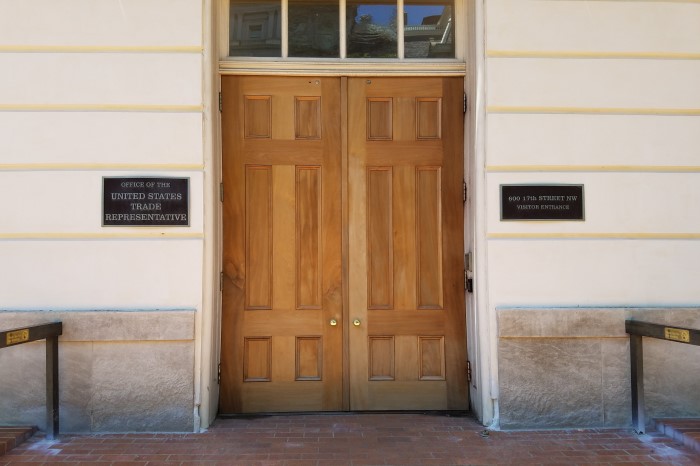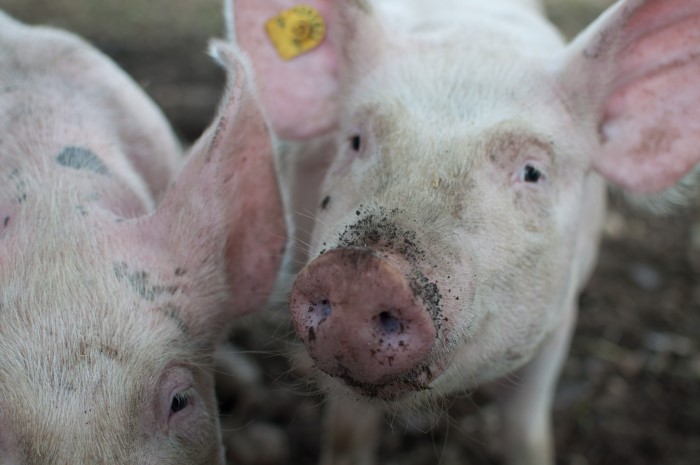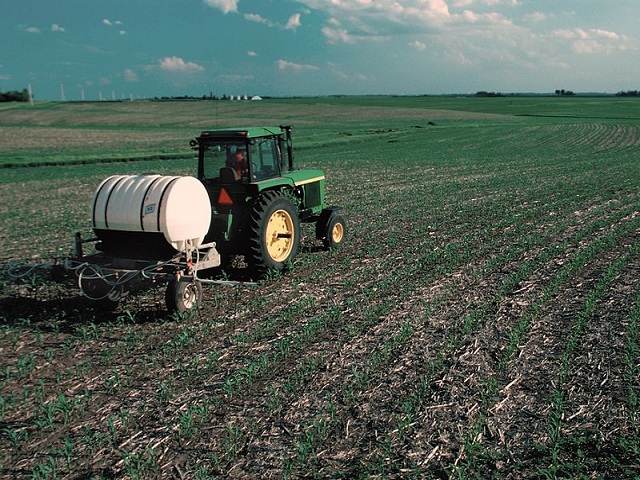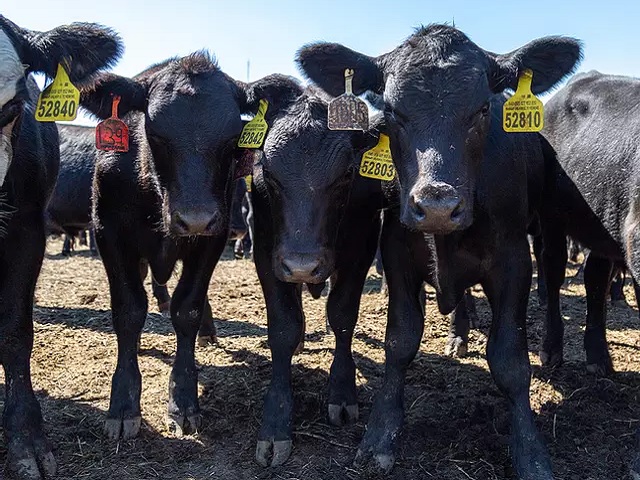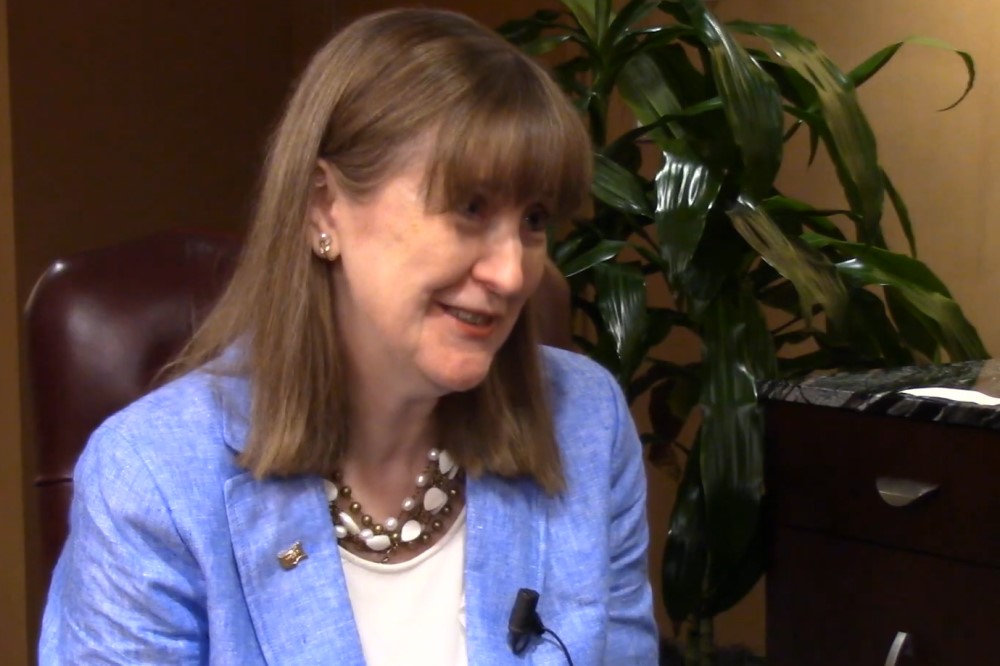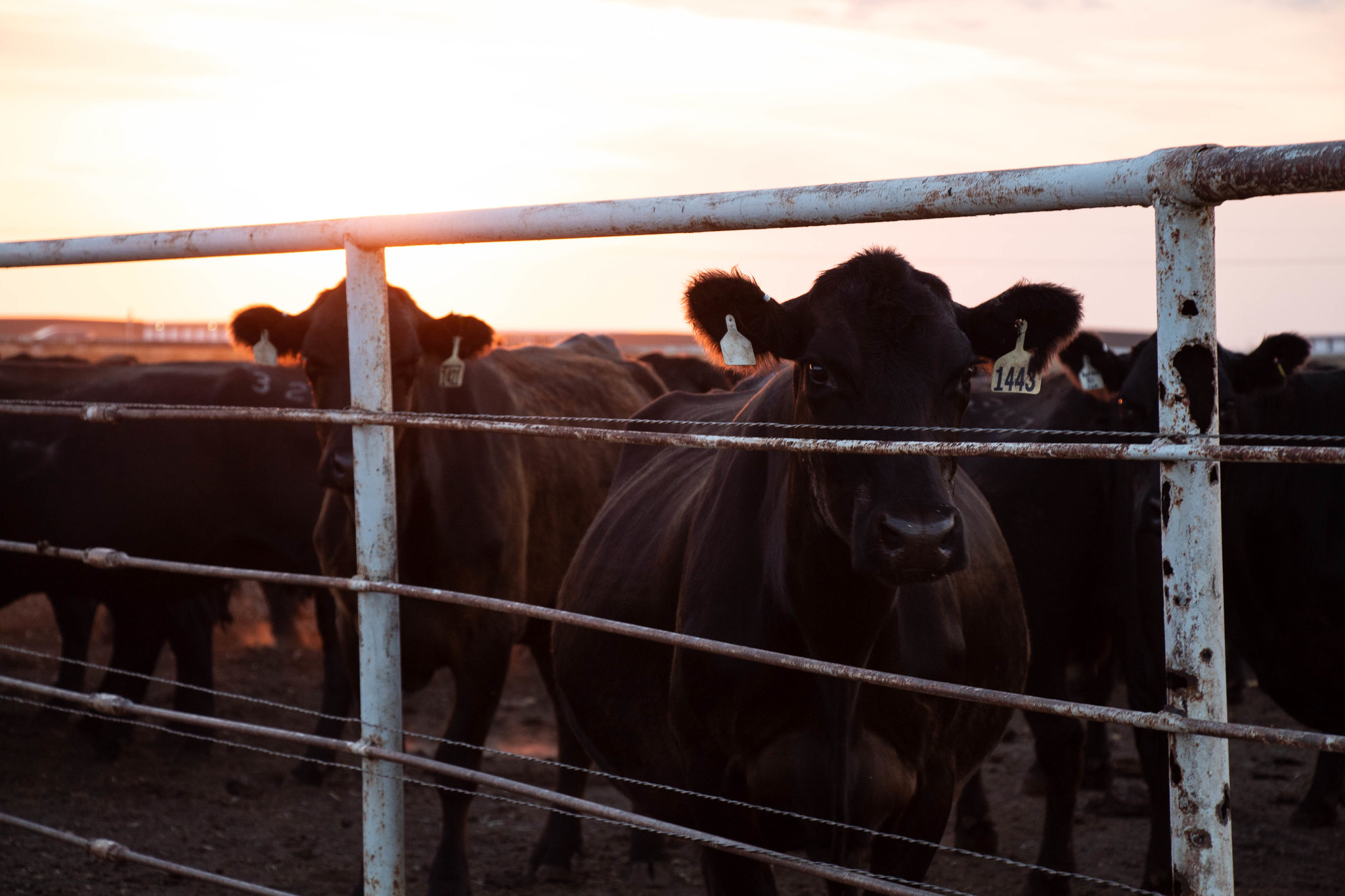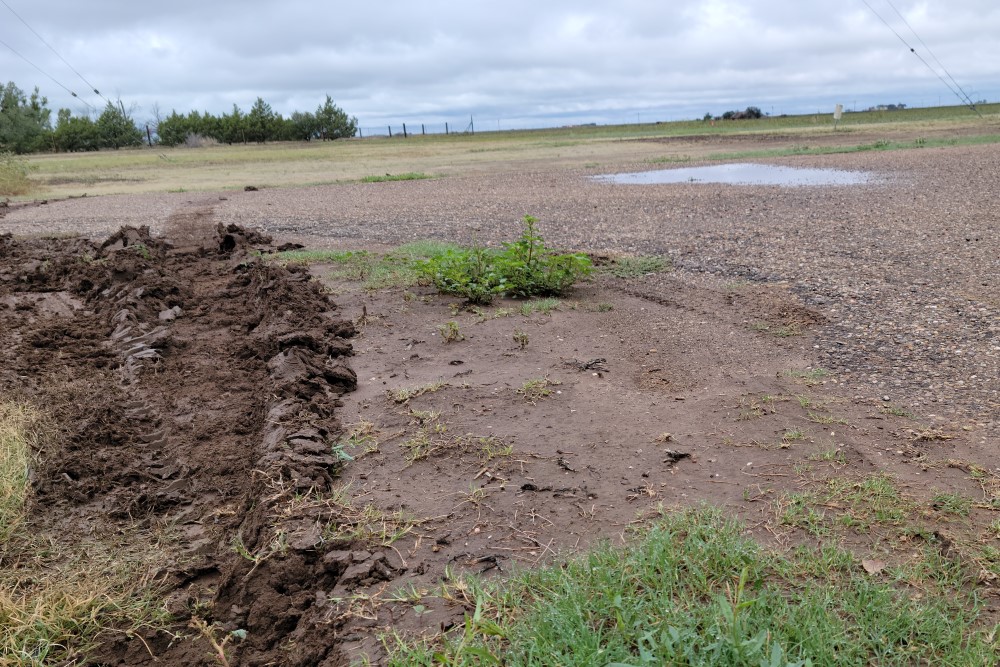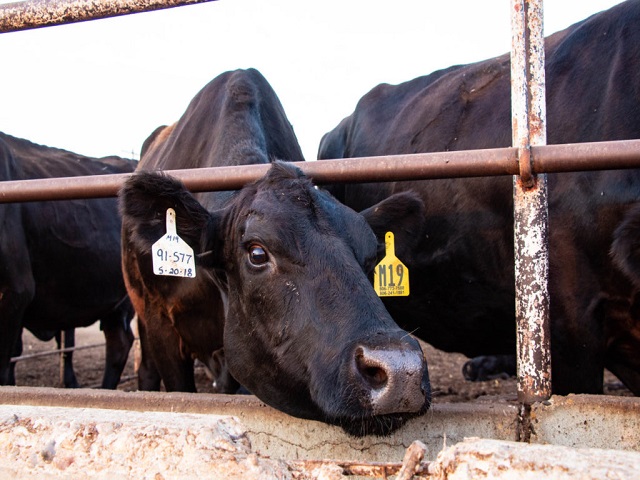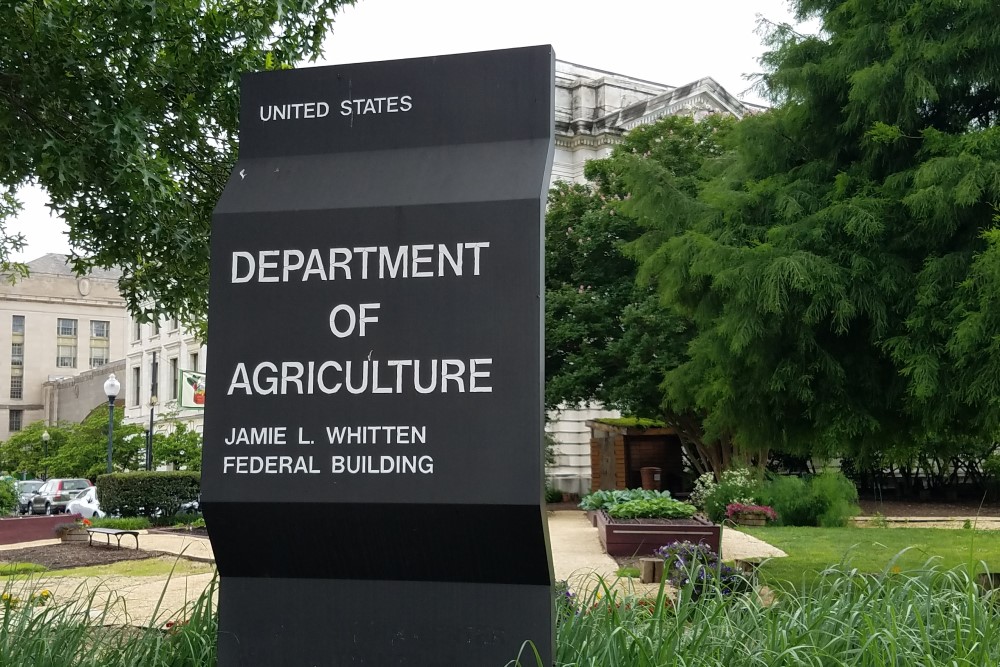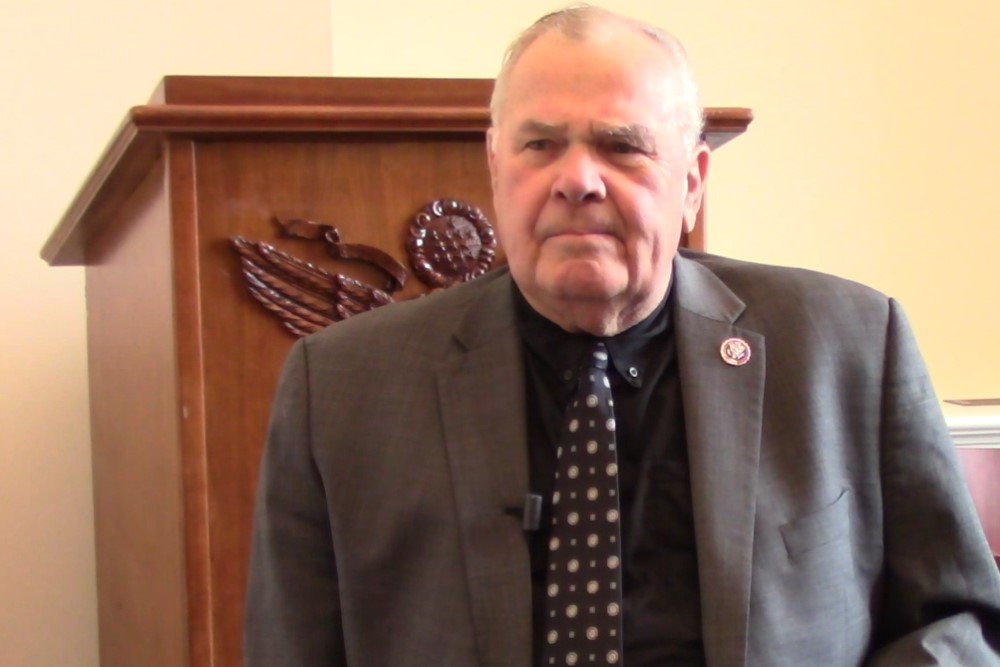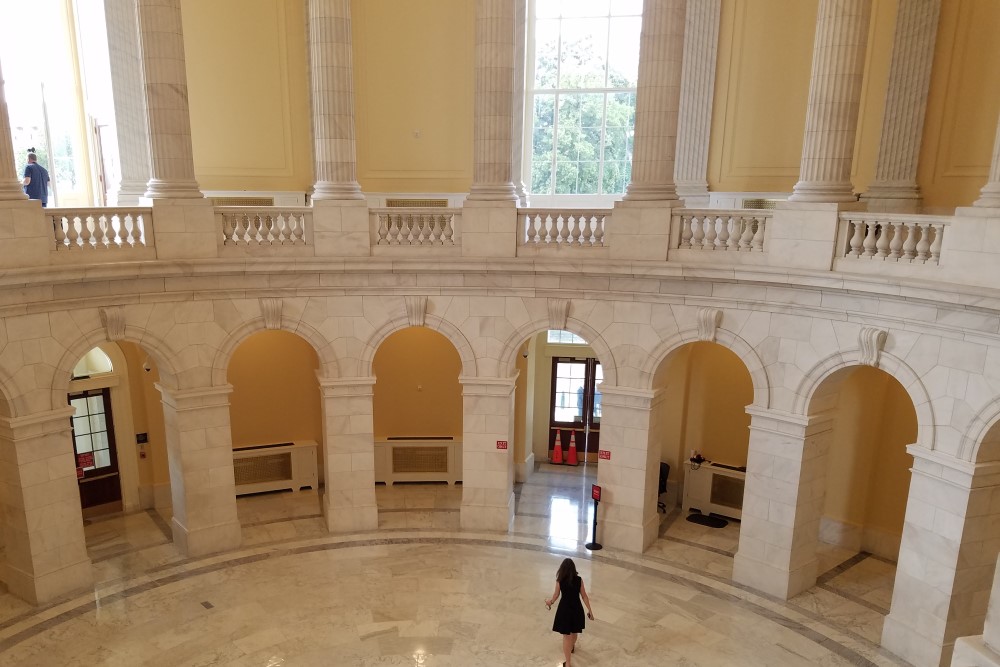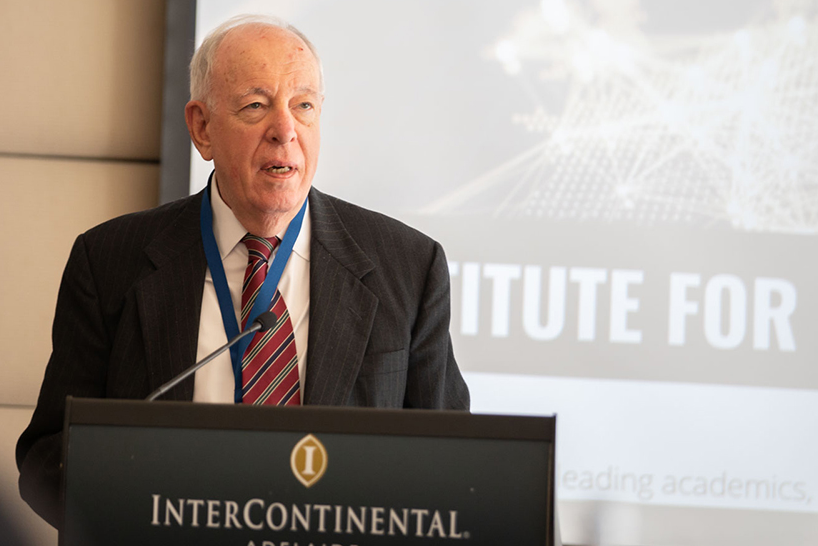WTO: Global Influence Moving to India and Indonesia
(ADELAIDE, AUSTRALIA) Speaking at a conference on International Trade this week, World Trade Organization (WTO) Deputy Director-General Alan Wolff reflected on the current challenges facing the world trading system and what the system might look like in the year 2050. He believes the system will continue to be tested but will endure as improvements will be made to make it “effective with respect to all aspects of global needs, not least economic development”. In order to address the issues today, Wolff said, we need to imagine what the world will look like 30 years from now. Some of the basic conditions that will shape trade three decades from now, he said, include: a global population increasing by 2.2 billion people, a change in economic influence and changes in weather. The demand for food will increase dramatically. India, Indonesia, Nigeria, and Pakistan will have greater influence both as markets and sources of supply, but the United States will also gain in population and remain influential. Small countries (like Singapore and Jamaica) have in many cases provided examples of openness but cannot by themselves configure a system without the larger countries. Due to shifts in weather patterns, as harvests became less reliable, world agricultural trade will have to be more open and agile to move supplies from areas of surplus to those of deficit.




